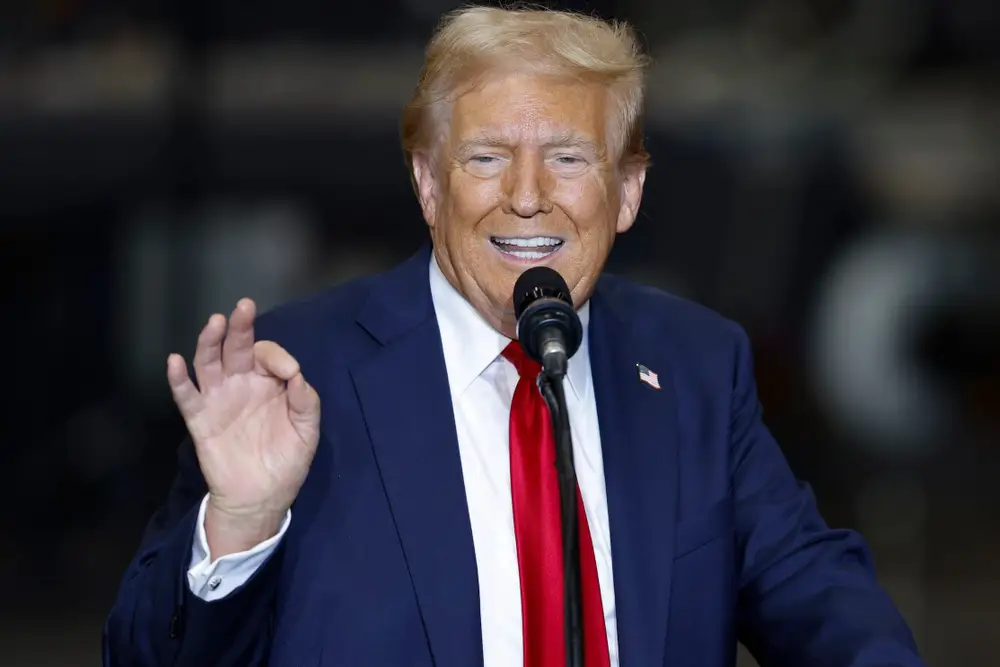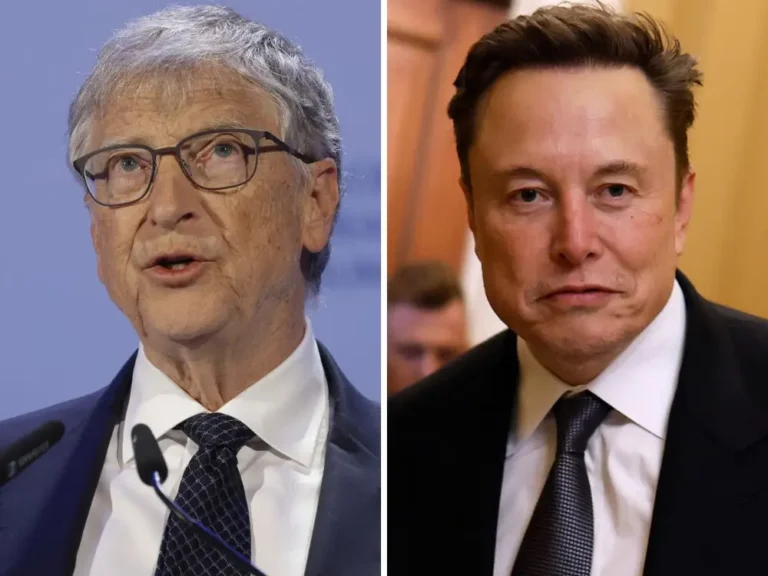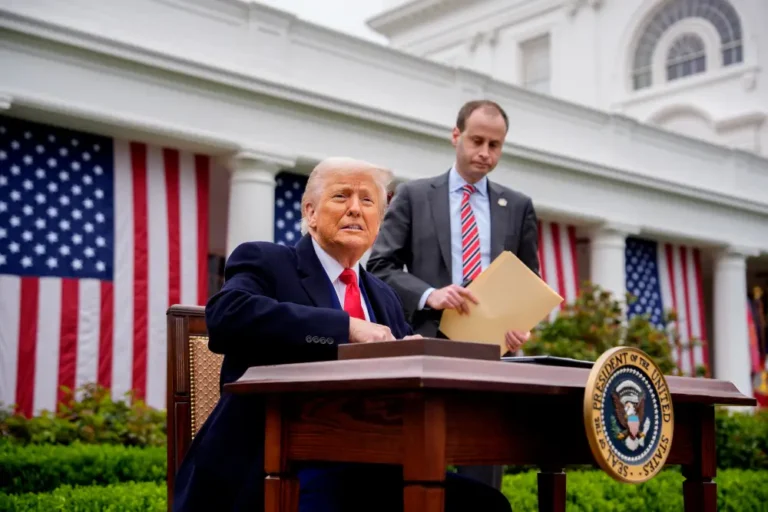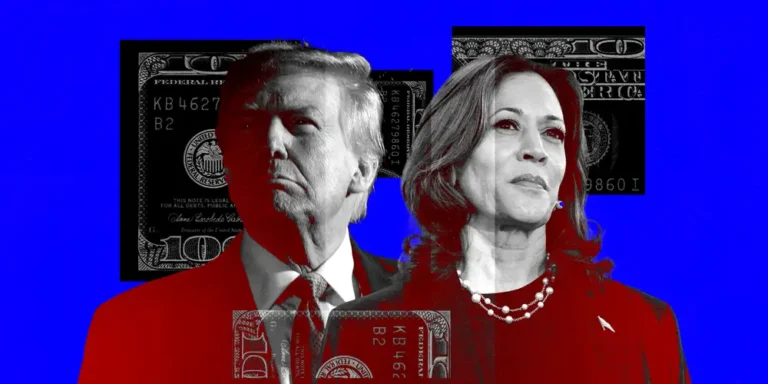NY appellate judges voice serious doubts about Trump’s $454M civil fraud verdict

Donald Trump campaigns in North Carolina
Lawyers for Donald Trump enjoyed a warm reception in a Manhattan appellate courtroom on Thursday as they argued for the overturning of a massive $454 million civil fraud verdict won this year by the New York Attorney General’s Office.
During a brief but rapid-fire dialogue, four of the five justices on the panel expressed support of Trump’s arguments for overturning, or at least modifying, the costly verdict against the former president and his New York-based real-estate and golf-resort empire.
One justice went so far as to wonder aloud if the Trump fraud case represents “mission creep,” calling into question the AG’s use of one of the country’s toughest anti-fraud laws.
“The immense penalty in this case is troubling,” that judge, Justice Peter H. Moulton, also said, speaking toward the end of Thursday’s hearing in an intermediate-level state appellate court.
A second justice suggested the state’s present and future attorneys general need firmer “guardrails” in pursuing fraud cases.
The AG herself, Letitia James, was not mentioned by name during a tense 45 minutes of arguments. But the tone of much of the judges’ questioning suggested most could be open to at least trimming the scope of James’ landmark case.
The justices also suggested the fraud case’s underlying law — New York’s AG-empowering Executive Law 63(12) — needed an overhaul.
The law, approved by state lawmakers in 1956, lets attorneys general sue anyone who “shall engage in repeated fraudulent or illegal acts ” and recover the proceeds of that fraud to “protect honesty and integrity” in the marketplace.
In Trump’s case, the law empowered James to successfully sue for what a trial-level Manhattan judge eventually agreed was Trump’s decade of billion-dollar exaggerations in the annual financial statements used to pocket more than $400 million in loans and profits.
“You hear, underneath all these questions, the question of mission creep,” Moulton said at one point, as he wondered aloud if there needs to be “some limitation on what the attorney general can do in interfering in these private transactions.”
“Has 63(12) morphed into something that it was not meant to do?” he asked.
“You know the history of this statute,” Justice John Higgitt said at another point, breaking into arguments by an attorney for James, Judith Vale, a deputy solicitor general.
“The common thread was the AG needs greater powers, as the people’s lawyer, to protect consumers, civil rights, and the environment,” Higgitt continued.
“And so, again, with that sort of historical backdrop to this law, how do we draw a line, or at least put up some guardrails, to know when the AG is operating well within her admittedly broad sphere of 63(12), and when she is going into an area that wasn’t intended for her jurisdiction?” he added.
Vale responded that the law was designed to protect New Yorkers from the kind of fraud and deceptions that brought down Lehman Brothers in the financial crisis of 2008.
“In an ideal world,” Vale answered, “the attorney general or somebody else would have gone in and stopped that fraud and illegality” before the public suffered.
But where do you draw the line, a fourth justice, Dianne T. Renwick, asked, if there is no imminent risk to the public?
Trump attorney D. John Sauer has made this line drawing a central point of his appeal.
The appeal argues that James’ fraud case wrongly interfered in the decisions of “sophisticated” banks that had been happy to loan Trump money regardless of any exaggerations. Deutsche Bank relied on Trump’s financial statements in loaning him $400 million to develop his Chicago skyscraper, his Washington, DC hotel, and his Miami golf resort.
“We have a situation where there were no victims,” said Sauer, who has been Trump’s go-to appellate lawyer.
Earlier this month, Sauer argued for the overturning of Trump’s 2023 sexual-assault and defamation loss to writer E. Jean Carroll, an appeal that has yet to be decided.
In April, he successfully argued before the US Supreme Court that former presidents deserve sweeping immunity from prosecution for their official acts. In November, in the Washington, DC, election-interference prosecution, Sauer argued Trump’s failed appeal of a gag order barring attacks on potential witnesses.
Vale, arguing for the AG, noted the financial institutions were, in fact, victimized. She mentioned Trump’s accountants at Mazars USA, and Deutsche Bank, which forced Trump into a “managed exit” from his debts in the aftermath of the AG’s initial 2021 fraud revelations.
“When deceptively hidden risks are injected into the market, that does hurt the counterparties,” Vale told the judges.
“And I will stress, your honor, that this does have harm to the public and the markets,” she said of Trump’s persistent financial frauds.
It is unclear when the panel will release a decision; a majority of three justices is needed to reverse or revise the verdict of the trial judge, New York Supreme Court Justice Arthur Engoron.






